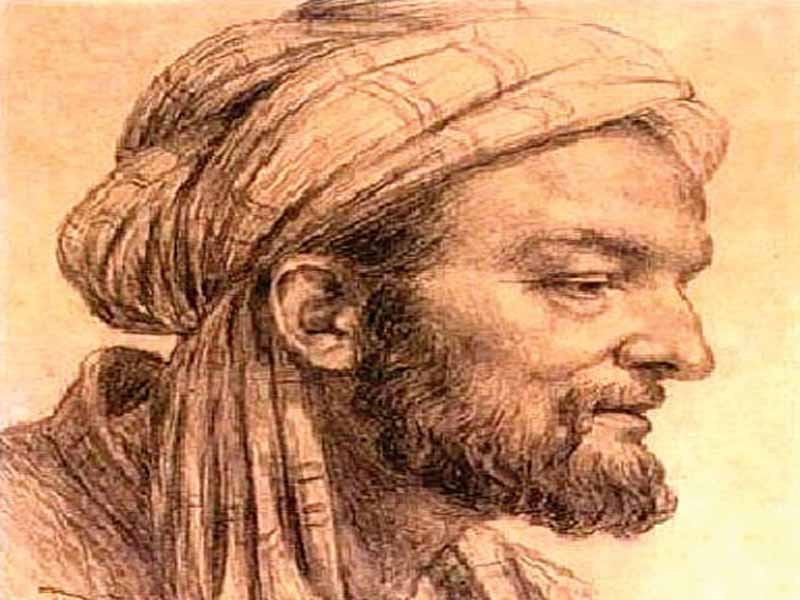Abu Ali Ibn Sino is the pride of Central Asia and one of the greatest scientists. Besides medicine he was occupied with mathematics, logic and philosophy.
He devoted his whole life to gain new knowledge, to cure people, to find the reasons for many diseases, to write works on medicine and to bring this knowledge to upcoming generation. Ibn Sino travelled to many cities as a visitor and died from serious disease on June 18, 1037 in the city of Isfahan.
The number of works that Ibn Sino had written exceeds 450, but only 160 out of them reached our hands. One of his main books is “Konun at-Tib”. The work consists of 5 big parts containing the reason of disease, hygiene, medication and a lot of other information related to medicine. Yet his other books like “Shifo kitobi”, “Insof kitobi”, “Hojat kitobi”, “Donishnoma”, “Arab tili kitobi”, “Meta-fizika”, had played the main role in the development of many sciences.
Abu Ali Ibn Sino is well-known in Europe by the name of “Avicenna”. The naturalist Karl Linney named a type of plant “Avicenna” in honour of him. To sum up we can say that Abu Ali Ibn Sino was an encyclopaedic scholar whose contribution to world civilization was incomparable.






















